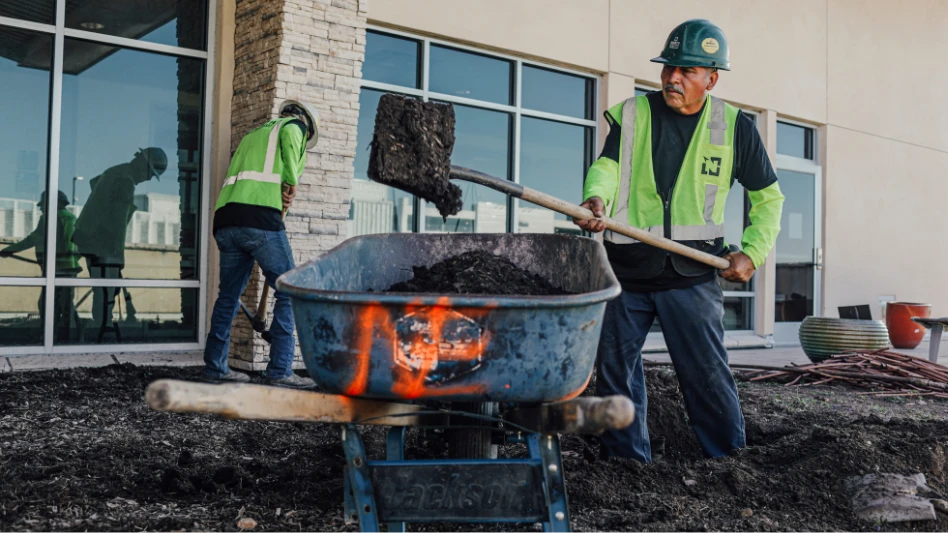|
|
The selection interview is one of the most time-consuming, costly and critical HR functions. While determining talent quality entering the organization, it also conveys vital information about the company’s image. With this in mind, it is important to note that simply because someone has conducted a lot of interviews, does not necessarily mean that person is a good interviewer. This article outlines key features to improve interview quality. Content. To improve interview quality, legality and ensure consistency from one interview to the next, an interview protocol should be developed for each position. All interview questions within this protocol must be categorized based on information from the job description. For example, a maintenance foreman interview protocol should have questions on: safety, supervision, job quality, equipment operation, chemicals, customer service, field operations and interpersonal skills. Ideally, many, if not all, of the interview questions should be phrased within a situational context closely resembling the position’s actual job responsibilities. Preparation. The importance of the interview dictates it be treated seriously, and involves suitable preparation. Candidates can tell if the interviewer is prepared or if he is “winging it.” Accordingly, interviewers should review the candidate’s application or resume, as well as the position’s job description and performance appraisal form two days before the scheduled interview. Logistical preparation also requires the interview be scheduled to minimize job conflict. Given today’s litigious society, it is strongly recommended no candidate ever be interviewed in a one-on-one setting. Panel interviewers are invaluable witnesses against spurious claims made by a candidate. Interviewer biases. The selection interview is rife with potential bias that may lead to a bad hire or potential lawsuit. Here are the most common biases interviewers must consider before evaluating a candidate.
Rating process. Interviewers should evaluate the quality of each candidate’s response as soon as it is offered. Once the candidate has answered all questions and left the room, the interviewers should discuss the candidate’s performance on each of the protocol categories by comparing their individual ratings, and then determine the candidate’s overall ability to perform the essential functions listed on the job description. Summary. The subjective nature of the selection interview coupled with its immense value to the company, suggests landscapers develop interview protocols, minimize biases in interviews and constantly evaluate the interview process to ensure it is legally compliant, procedurally fair and clearly linked to business goals.
Steve Cesare is an industrial psychologist with the Harvest Group, a landscape consulting group. www.harvestlandscapeconsulting.com; scesare@giemedia.com. |

Explore the March 2014 Issue
Check out more from this issue and find your next story to read.
Latest from Lawn & Landscape
- Ever-changing landscape of SEO
- Fleetio acquires Auto Integrate, raises $450M in Series D funding
- Davey Tree expands in St. Paul, promotes Ostlie to district manager
- Schill Grounds Management taps 3 for senior leadership roles
- HD Hyundai Construction Equipment North America adds to wheeled excavator lineup
- High maintenance
- From Design to Proposal: Estimating and Rendering Support Services
- PERC adds Joel Stutheit as senior manager of business development







